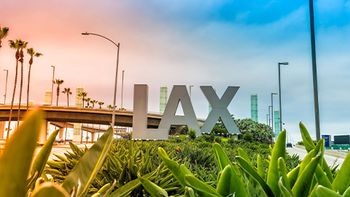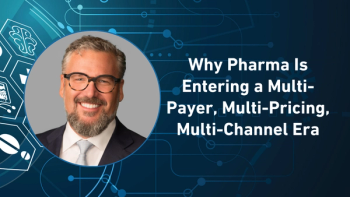
Lilly counters rising criticism of insulin drug prices with a PBM-driven, open-access discount
First branded-product discount program from Blink Health
At this week’s CBI Trade and Channel conference (Philadelphia, Dec. 13-14), Eli Lilly’s just-announced program to make its branded insulin products (Humalin, Humalog and Basaglar) available to patients at a 40% discount was the topic of the day. Along with its patient assistance aspects (since, in effect, it is augmenting the resources of the under- or uninsured for whom it is intended), it also represents a “cross channel” effort—putting drugs at the prices paid by PBMs in the hands of patients who buy their drugs at retail pharmacies. As such, it provides a Band-Aid of sorts to the problems of the gaps between drug prices in different channels without addressing the underlying problems of price opacity and the friction developing between pharma manufacturers, PBMs and the public.
On Dec. 13, Lilly announced the program, taking effect on Jan. 1, that patients who register with Blink Health, an online retail purchasing service (it is not a pharmacy), will be able to obtain the products with the 40% discount. Lilly worked with Express Scripts to organize the adjudication and reimbursement for the drugs. In theory, anyone (whether insured or not) could use the program; however, the financial advantage to the patient depends on the discounted price relative to the out-of-pocket copay that various PBMs and insurers might impose on their insureds, and whether insulin products are exempt from high-deductible plans. (For those plans without the exemption, patients must pay full prices until the deductible is exhausted.)
“We understand the burden people face when paying full price for insulin,” said Mike Mason, VP, Lilly Diabetes, in a statement. “This platform will effectively allow Lilly to lower our insulin retail prices for users of this platform while not affecting the reimbursement system for other people living with diabetes.”
The program also represents something of a coup for Blink Health, a New York-based digital services company that has been in business for the past year, but only for generic products. Blink Health uses web-crawling technology to identify the lowest prices for drugs (and as such, can be used by consumers simply as a price-comparison tool); with the free Blink Health account, a patient can lock in a drug price, then pick up the prescription at most local pharmacies (some 60,000 belong to the network). In effect, Blink Health is a PBM that has aggregated all the consumers who have joined it (and, in fact, Blink Health has partnered with an actual PBM, MedImpact, to run the generic program; but MedImpact apparently is not involved in the Lilly program).
Blink competes with a variety of other online services, such as GoodRx.com, WellRx.com and others, most of whom provide price comparisons and then offer coupons. In theory, if enough consumers do their price checking through these various services, the range of prices that retail pharmacies can charge will tighten, certainly for generic drugs; possibly for some branded drugs if others follow the Lilly pattern.
Lilly’s action follows rumblings of Congressional review of rising insulin prices, following in the path of the
Back at the CBI meeting, numerous speakers noted how the effects of reduced price hikes for branded products and a gradual decline in branded expiries (which reduces the number of new generics), combined with accelerating approves by FDA of follow-on generics (which increased generic competition) are wreaking havoc with the profitability of drug wholesalers. “Wholesalers have been riding what I call the ‘generic wave,’” says Bill Roth, managing partner of Blue Fin Group, an Atlanta consulting firm. “They’ve made their largest profits as each generic comes on the market, but with fewer first-to-file generics, that wave is disappearing.”
Newsletter
Stay ahead in the life sciences industry with Pharmaceutical Commerce, the latest news, trends, and strategies in drug distribution, commercialization, and market access.




